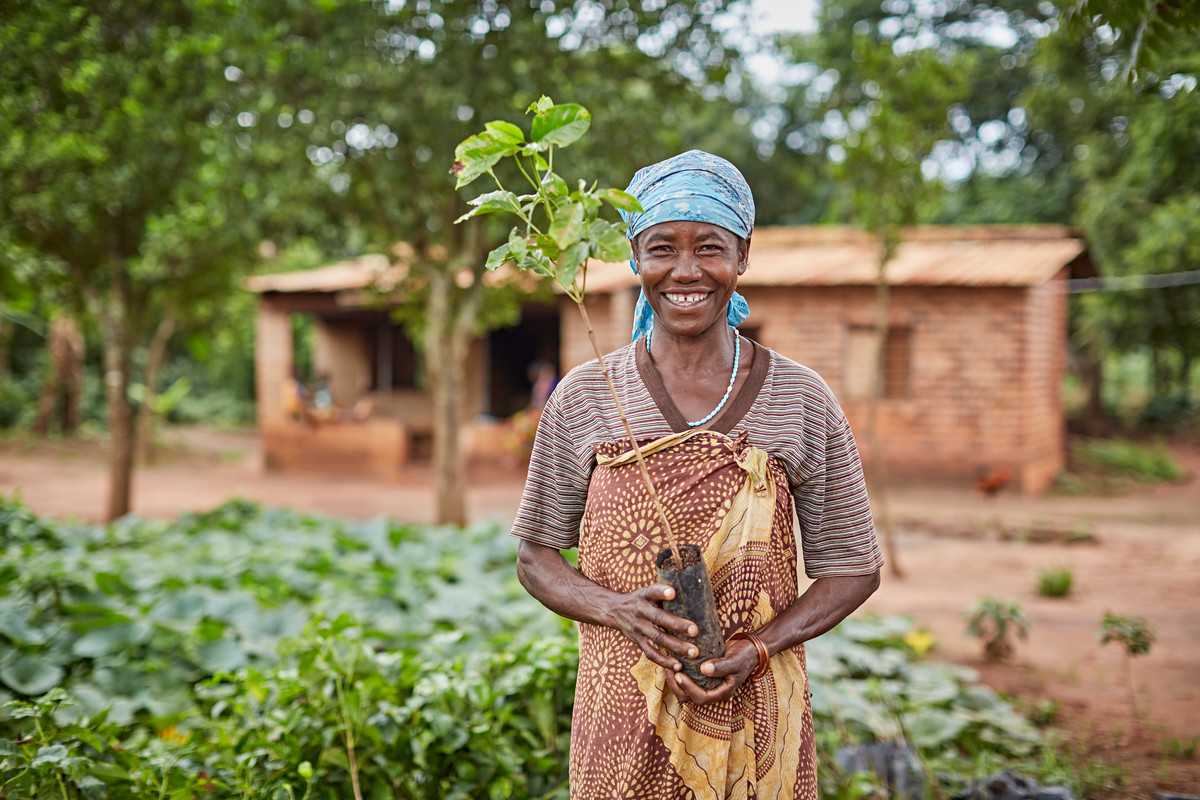LONDON, UK – The challenges of food security have been made more acute by COVID-19, and they’ve driven applications for Olam ‘s bi-annual prize in support of transformational development and delivery of agriculture solutions around the world. A majority of the early entrants have come from Africa-based scientists, academics, and entrepreneurs. Applications are welcomed from academic or research institutions, civil societies and the private sector, and can focus on any region, environment, crop or part of the agricultural supply chain. Click here for more details and to apply.
The United Nations World Food program recently noted that seven million people have already died from hunger this year. Deaths related to the impacts of COVID-19 were a million more, and the pandemic could double hunger broadly worldwide.
Based on past years’ experience, Olam expects an even greater number of applications to arrive before submissions are due on January 11, 2021. Finalists will receive publicity support which can help in funding and other activities, and the winner will receive a US$75,000 grant.
“The Olam Prize couldn’t be timelier,” explained Sunny Verghese. Olam’s Co-Founder and Group CEO. “Unlike other research awards, it recognizes clear evidence of ideas that are already being tested or have the potential for rollout in the near-term, with the intention of funding and supporting impact on food availability, affordability, adequacy, and accessibility over the long-term.”
Prior winners have included a solution that helped give smallholder farmers a “best fit” model for what, where, and how to grow crops in food insecure areas, and the testing that proved viability of a heat tolerant wheat variety that is now being successfully cultivated for the first time.
The Olam Prize for Innovation in Food Security is awarded in partnership with Agropolis Foundation, which brings together over 40 member institutions, public authorities, and civil society actors for dialogue and interaction on agriculture, food and environment research.


















